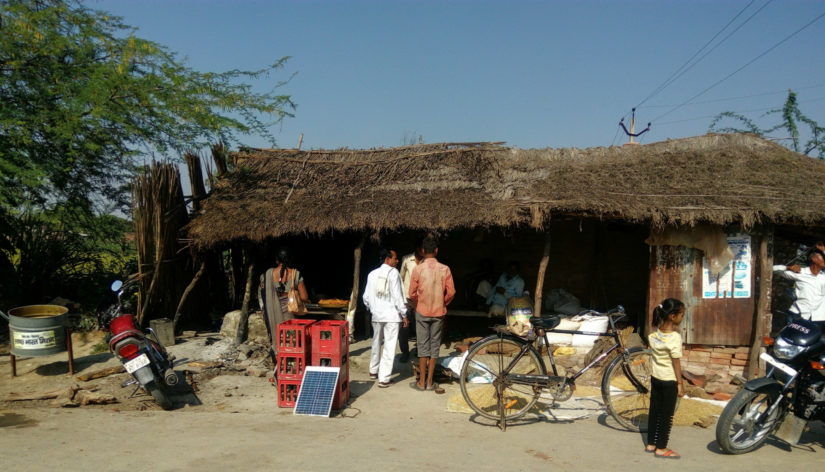
The current COVID-19 pandemic poses a major challenge for national health systems. Our new policy report presents how the co-benefits of decarbonising the Indian power sector can contribute to reviving the national health system and a green recovery in face of the current pandemic’s impacts.
Recovering from the economic shocks of the COVID-19 pandemic and avoiding severe future shocks triggered through the climate crisis do not represent conflicting interests but instead a mutually reinforcing coping strategy. Our study formulates a set of policy actions to allow government institutions to create an enabling political environment to unlock the social and economic co-benefits of the new energy world of renewables for the people of India. It focusses in particular on skills development, economic prosperity in rural areas and health benefits related to a less carbon-intensive power sector.
Energy access: fostering rural development
Policy makers can enhance rural development by supporting the installation of solar mini-grid systems. These can provide a low cost electricity supply to rural consumers. Mini-grids can remain economically viable and cost-competitive with the centralised grid in rural areas of India.
Skill development: boosting job creation
India can significantly boost employment by increasing the share of renewables. Creating a central authority/agency/body to train or re-skill workers from the coal sector will support them in benefiting from direct employment in the renewable energy sector. These technologies tend to be more labour intensive than conventional technologies: by 2050 more than 3.5 million people could be employed in the renewable energy sector.
Creating a resilient health system: improving people’s health
India can markedly improve the livelihoods of its citizens by reducing ambient air pollution. Premature deaths can be avoided by adopting an accelerated decarbonisation pathway. Under the current scenario, the number of premature deaths would rise to 830,000 during 2050. Moving to an accelerated decarbonisation pathway would lead to the avoidance of more than 200,000 premature deaths.
With many old coal power plants in India and lacking emission control technology, the country is at a greater risk of health epidemics. More supportive steps are required, apart from the above mentioned policy messages. Further measure such as the inclusion of air quality aspects within the retirement planning of power plants and advanced monitoring and law enforcement can contribute to a more resilient health system.
Download:
The report is the first of a four-part series presenting co-benefits policy opportunities for South Africa, Vietnam, India and Turkey in light of current challenges for health systems and the economy due to the COVID-19 pandemic.
